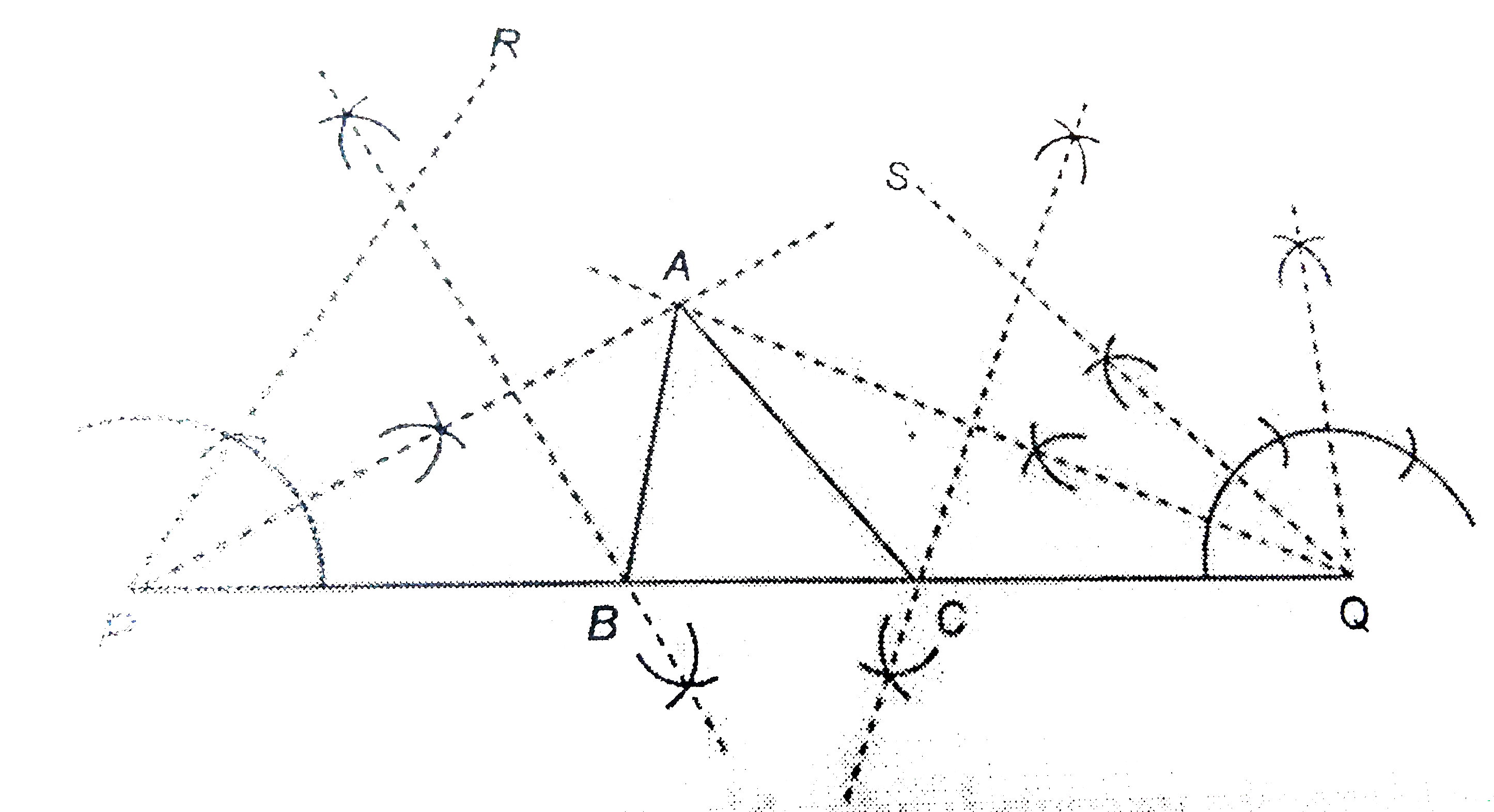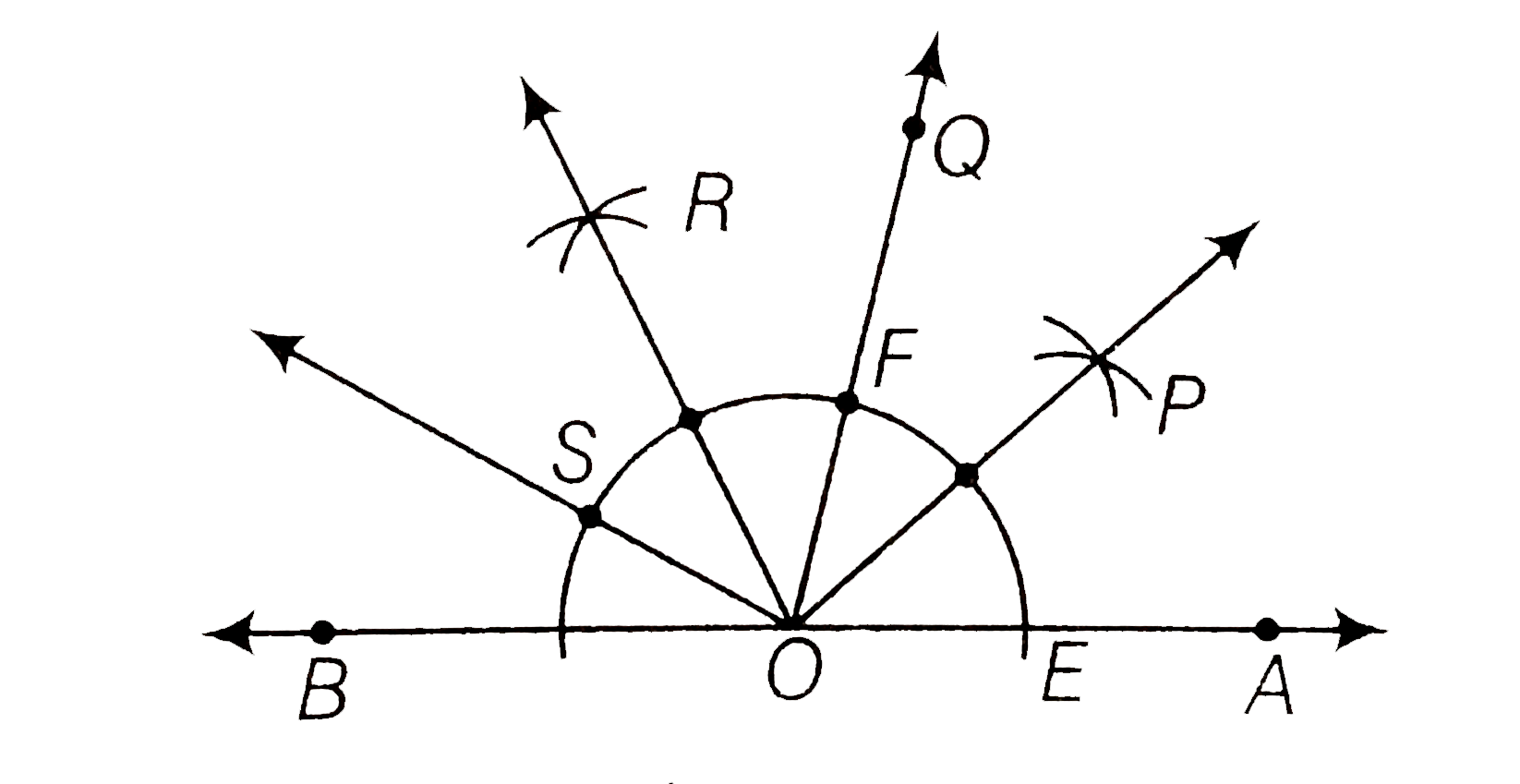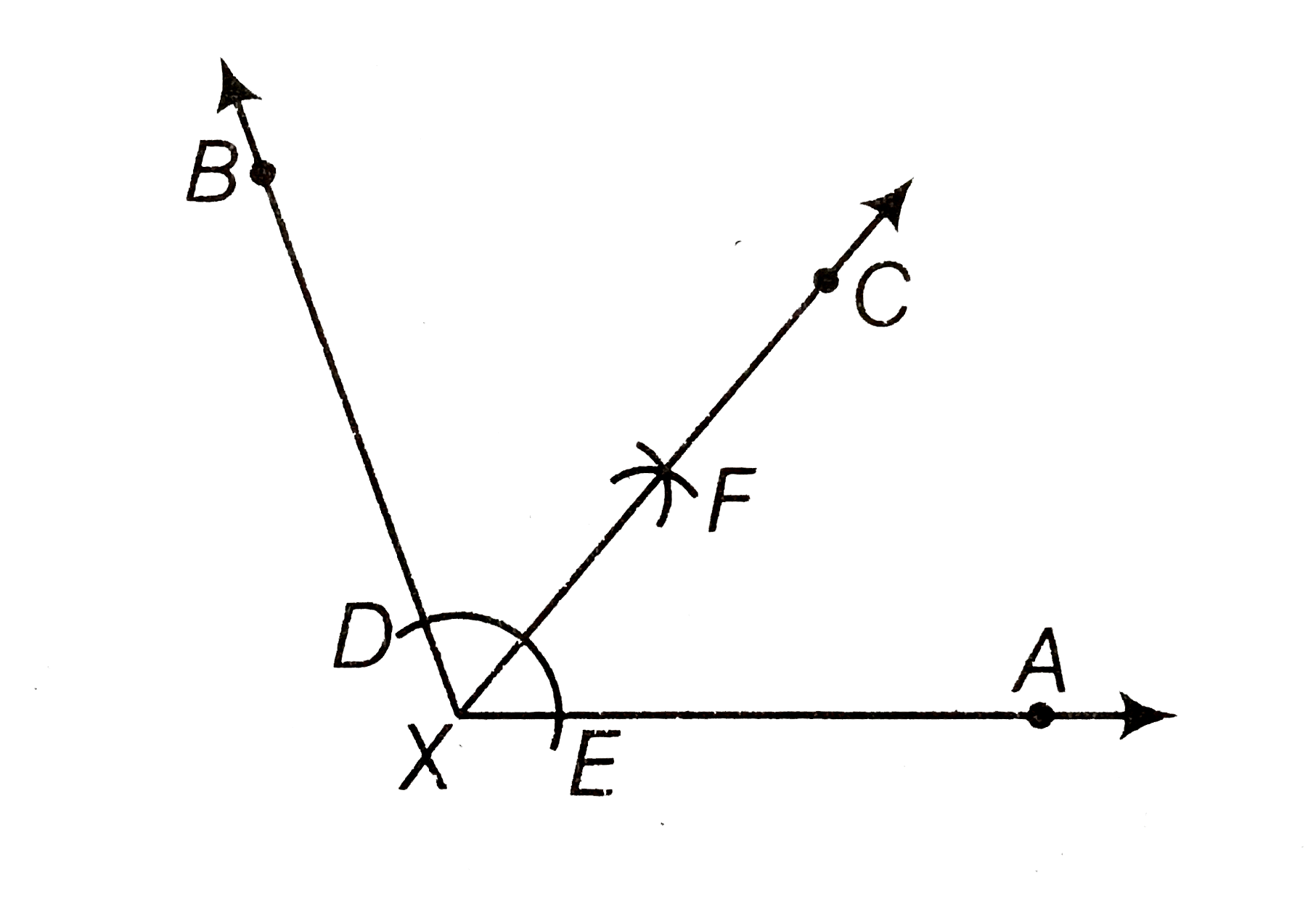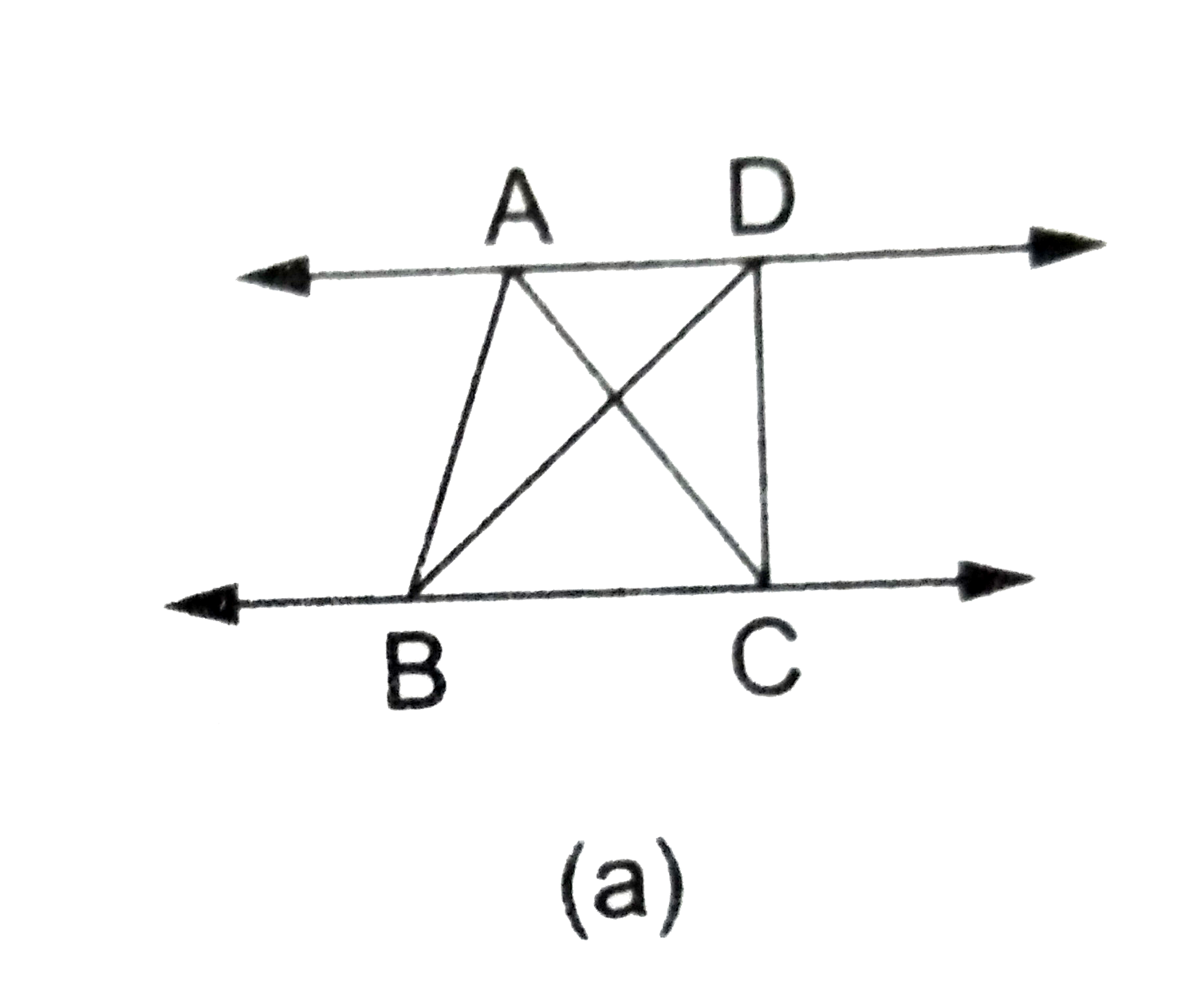Saved Bookmarks
Explore topic-wise InterviewSolutions in Current Affairs.
This section includes 7 InterviewSolutions, each offering curated multiple-choice questions to sharpen your Current Affairs knowledge and support exam preparation. Choose a topic below to get started.
| 1. |
Prove that 8sqrt(5) is irrational. |
| Answer» SOLUTION :N/a | |
| 2. |
A point C is said to lie between the points A and B if |
|
Answer» AC=AB |
|
| 3. |
ABC is a triangle in which altitudes BE and CF to sides AC and AB are equal (see the given figure). Show that ( i ) triangle ABE ~= triangle ACF (ii) AB = AC i.e ABC is an isoceles triangle |
|
Answer» |
|
| 4. |
(a) (i) By takingany twoirrational numbers,prove that their sumis arational number. (ii) By takingany twoirrational numbers, prove that their difference is a rational number. (b) Insert in between1/7 and 2/7 (i)a rational number : (ii) an irrational number. |
|
Answer» |
|
| 6. |
The perimeter of an isosceles triangle is 100 cm. If the base is 36 cm, find the length of the equal sides. |
|
Answer» |
|
| 7. |
If A=60^(@), verify that : (i) sin^(2)A+cos^(2)A=1"(ii) "sec^(2)A-tan^(2)A=1 |
|
Answer» |
|
| 8. |
Construct a DeltaABC whose perimeter is 10.5 cm and the base angles are 60^(@) and 45^(@). |
|
Answer» Solution :Steps of CONSTRUCTION : 1. Draw `PQ = 10.5 cm.` 2. Construct `ANGLERPQ = 60^(@)` and `angleSQP = 45^(@)`. 3.Draw the bisector of `angleRPQ` and `angleSPQ` which intersect each other at`A.` 4. Join `AP` and `AQ.` 5. Draw the PERPENDICULAR bisectors of `AP` and `AQ` which intersect `PQ`at points `B` and `C` respectively. 6. Join `AB` and `AC.`  `therefore DeltaABC` is the required triangle. |
|
| 9. |
Draw an angle of 80^(@) with the help of protractor . Then, construct angles of (i) 40^(@) (ii) 160^(@) and (iii) 120^(@) . |
|
Answer» Solution :First, draw an angle of `80^(@)say angleQOA = 180^(@)` with the help of protractor. Now, use the the following steps to construct angles of `(i) 40^(@) (ii) 160^(@) and (III) 120^(@)` .  (i) Taking O as centre and any radius an which INTERSECT `OA` at `E` and OQ at F . (ii) Taking E and F as centres and radius more than `(1)/(2)EF` draw arcs which intersect each other at `P`. (iii) Join `OP`. Thus, `anglePOA = 40^(@) [because40^(@)=(1)/(2)xx80^(@)]` (iv) Now, taking `F` as centre and radius equal to `EF` draw an arc which intersect previous arc obtained in step ii at `S` . (v)Join `OS`. Thus, `angleSOA = 160^(@) [because160^(@)=2xx80^(@)]` (VI) Taking `S` and `F` as centre and radius more than `(1)/(2)SF` draw arcs which intersect each other at `R.` , (vii) Join `OR`. Thus , `angleROA = angleROQ = 40^(@) + 80^(@) = 120^(@)` |
|
| 10. |
Water is pouring into a conical vessel of diameter 5.2m. And slant height 6.8 m(as shown in the adjoining ) , at the rate of 1.8 m^(3)per minute .How long will it take to fill the vessel? |
|
Answer» |
|
| 11. |
Find the compound interest to the nearest rupee on Rs 10,800 for 2(1)/(2)years at 10% per annum. |
|
Answer» |
|
| 12. |
Arrange the sides of DeltaBOC in descending order of their lengths. BO and CO are bisectors of angles ABC and ACB respectively. |
|
Answer» |
|
| 13. |
The mean of first four even natural numbers is ... |
|
Answer» 5 |
|
| 14. |
Prove that (i) sin (90^(2)-A)cos (90^(@)-A)=(tanA)/(1+tan^(2)A) (ii) (cos(90^(@)-A).cosA)/(cotA)-sin^(2)A=0 |
|
Answer» |
|
| 15. |
The students of a Vidyalaya were asked to participatein a competition for making and decorating penholders in the shape of acylinder with a base, using cardboard. Each penholder was to be of radius 3cm and height 10.5 cm. The Vidyalaya was to |
|
Answer» |
|
| 16. |
ABCD is a square, diagonals AC and BD meet at O. The number of pairs of congruent triangles with vertex O are. . . . . . . |
|
Answer» 3 |
|
| 17. |
Determine the third class-interval of the classes 10-19,20-29,……………and find its lower and upper class-boundaries. |
|
Answer» |
|
| 19. |
Mathematics bookof class IX contains 15 chapters . A maths teacher asked one of the students to writethe name of each chapter on slips , One name on one slip . She mixed the slips thoroughly in a box. She called a student to pick up one of the slips . What is the probability that the written on its is from (i) Geometry (ii) Algebra |
|
Answer» |
|
| 20. |
The ratio of the lengths of sies of a triangle is 13 : 14 : 15 and its perimeter is 84 cm. Find its area. |
|
Answer» |
|
| 22. |
If area of Parallelogram ABCD is 80 cm^(2) Find the area of Delta APD. |
|
Answer» |
|
| 24. |
Some observations are arranged in the ascending order as 9, a +3, a +7, 20, 23 and 26. If the median of the data is 18.5, find the value of a. Also find the mean of the data. |
|
Answer» |
|
| 25. |
The relative humidity (in %) of a certain City for a September month of 30 days was as follows: (i) Construct a grouped frequency distribution table with classes 84-86, 86,-88 etc. (ii) What is the range of the data? |
|
Answer» |
|
| 26. |
Classify the following as linear, quadratic and cubic polynomials : 1+x |
|
Answer» |
|
| 27. |
To compare this years result with last years result, teacher went to the class and collected this years number of distinctions from the student.For last years number of distinctions, she opened the result register & wrote the required number of distinctions. The data collected by her from the students & register respectively, are examples of-a) primary data & secondary datab) primary data & raw datac) both primary datad) secondary data & primary data |
|
Answer» Primary DATA & SECONDARY data |
|
| 28. |
Arshya makes a fixed deposit (FD) of Rs 5000 for a period of 1 year .The rate of interest is 6% per annum compunded every four months in a yearfind the approximate maturity value of the FD |
|
Answer» RS 5205 |
|
| 29. |
Factorise : 9x^(2) - 30xy + 25y^(2) |
|
Answer» |
|
| 30. |
State whether the statements are True or False. All parallelograms are quadrilaterals |
|
Answer» |
|
| 31. |
In the given figure AB=BC and angle ACD = 125^(@) , Find angle A |
|
Answer» |
|
| 32. |
Draw an angle of 110^(@) with the help of a protractor and bisect it. Measure each angle. |
Answer» SOLUTION :Draw `angleBXA = 110^(@)` with the help of a protractor. Now , we use the following STEPS for REQUIRED construction  (i) Taking `X` as centre and any radius daw an arc to intersect the rays `XA` and `XB`, say at `E` and `D`, respectively. (ii) Taking `D` and `E` as centres and with the radius more than `(1)/(2)DE`, draw arcs to intersect each other say at `F`. (iii) Draw the ray `XF`. Thus , say `XF` is the required bisector of the angle `BXA`. On measuring each angle , we GET `angleBXC = angleAXC = 55^(@)` `[becauseangleBXC = angleAXC = (1)/(2)angleBXA = (1)/(2)xx110^(@) = 55^(@)]` |
|
| 33. |
Represents sqrt(9.3) on the number line. |
| Answer» SOLUTION :N/a | |
| 34. |
Solve the following 4/10 = ? |
|
Answer» |
|
| 35. |
Factorise the following using appropriate identities. (i) 16x ^(2) + 24xy + 9y ^(2) (ii) 4y ^(2) - 4y +1 |
|
Answer» (ii) `(2Y -1) ^(2)` |
|
| 36. |
Represents (4)/(3) on the number line. |
|
Answer» Now, `(4)/(3)=1(1)/(3)` which between 1 and 2.  Mark A and B points such that OA = 1 and OB = 2. Divide the segment AB into THREE equal parts such that AP = PQ = QB Now, point P resresents the rational number `(4)/(3)`. |
|
| 38. |
Number of villages with respect to their population as per India census 2011 are given below. Find the average population in each village. |
|
Answer» |
|
| 39. |
Eswar and Harish take 12 days and 16 days, respectively to complete a job. Ganesh is atleast as efficient as Harish but almost as efficient as Eswar. Ganesh and Harish work on alternate daysand completed the job in x days. Which of the following can be the value of x? |
|
Answer» 8 (ii) Let a be the TIME taken by Ganesh to complete the work `rArr 12leale16 ""(1)` `((x)/(2))/(a)+((x)/(2))/(16)=1""(2)` (iv) Simplify the EQ. (2) and ASSUME the value of x by using Eq. (1) |
|
| 40. |
A person invests 5,000 for three years at a certain rate of interest compounded annually. At the end of two years this sum amounts to Rs 6,272. Calculate : the amount at the end of the third year. |
|
Answer» |
|
| 41. |
For the polynomial p(x), if p(2) = 0, then ……… is a factor of p(x). |
|
Answer» `(X-2)` |
|
| 42. |
Kiran has a cumulativeterm deposit accout of Rs 600 per month at 8% per annum .If he received Rs 24264 at the time of maturity then the total time for which the accout was held is _______ |
|
Answer» 12 MONTHS |
|
| 45. |
A cuboidalwater tank is 6m long, 5m wide and 4.5m deep. How many litres of water can ithold? |
|
Answer» |
|
| 46. |
The mean of 5 observations is 20. Including one new observation, the mean is 25. Find the newly included observation. |
|
Answer» |
|
| 47. |
Mahendar invested in three types of shares, P, Q and R, of a company. The total annual dividend he received from them was Rs.1000. His investments in R, Q and R were Rs.1000, Rs.1000 and Rs.3000, respectively. The rate of return he received from R was the averge of the rates of return of the other two. Find the rate or return he received from R. |
|
Answer» `10%` |
|
| 49. |
Out of the following given figures, which are on the same base but not between the same parallels? |
|
Answer»
|
|
| 50. |
Determine which of the following are attributes and which are variables: a) Number of members of a family b) Daily temperature c) Educational standard d) Montly income |
|
Answer» |
|
Previous
Next
